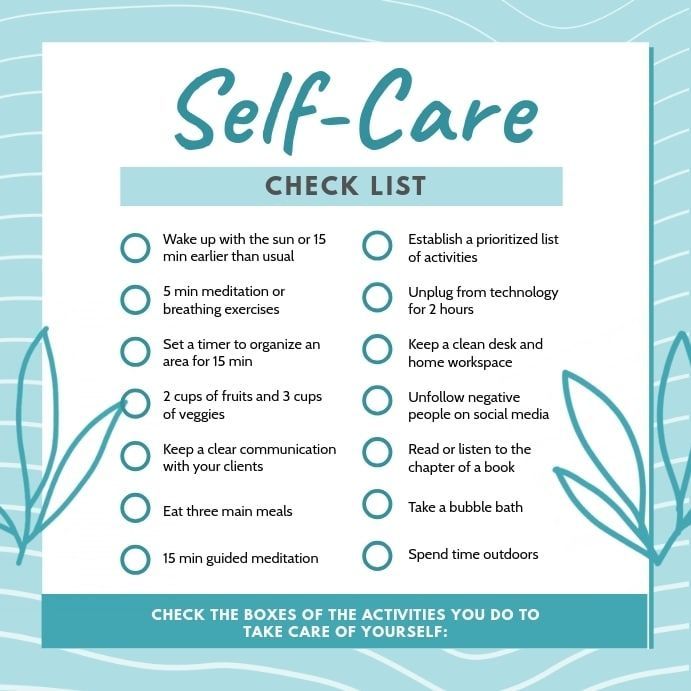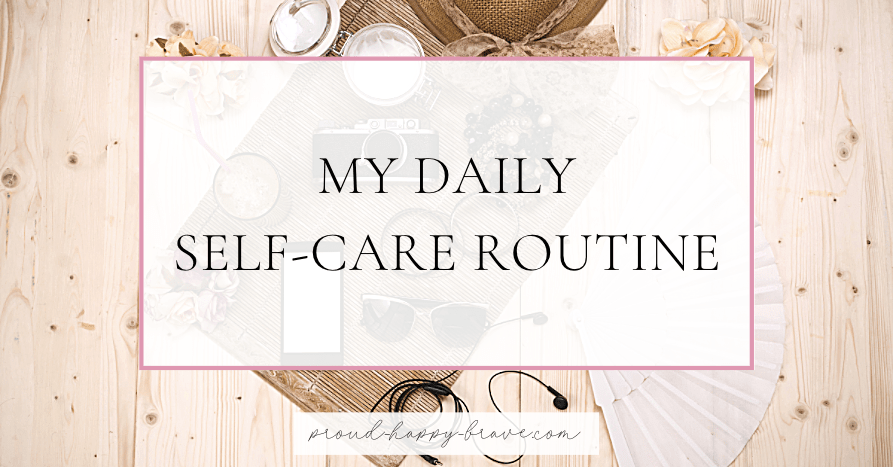The self-care routine Checklist isn’t just a buzzword; it’s a crucial aspect of maintaining overall wellness. In today’s fast-paced world, finding time for self-care can seem challenging, but it doesn’t have to be. By dedicating just five minutes a day to yourself, you can significantly enhance your mental, emotional, and physical health. Let’s explore how you can boost your wellness with a simple yet effective 5-minute self-care routine checklist.
Why 5-Minute Self-Care Routine Checklist Matter
Incorporating short, regular self-care routines into your daily life can make a profound difference. These routines are not only manageable but also sustainable, fostering a habit of self-nurturing that pays dividends over time. Research shows that consistent self-care can reduce stress levels, improve mood, and even enhance productivity throughout the day.

Components of an Effective 5-Minute Self-Care Routine
To create an effective 5-minute self-care routine, consider activities such as setting intentions for the day, practicing deep breathing exercises, engaging in gentle stretching or movement, and grounding yourself through mindfulness practices. These components help you center your mind and body, preparing you to tackle daily challenges with resilience.
Creating Your Personalized Routine
Personalization is key to making your self-care routine meaningful. Start by assessing your own needs and preferences. Choose activities that resonate with you and align with your wellness goals. Whether it’s a moment of reflection, a brief yoga sequence, or listening to calming music, tailor your routine to fit into your daily life seamlessly.
Tips for Incorporating Self-Care into Daily Life
Integrating self-care into your daily routine doesn’t have to be complicated. Consider adding mini self-care sessions during your morning rituals, taking short breaks during work or study sessions, and winding down in the evening with relaxation exercises. These small moments of self-care can have a big impact on your overall well-being.
Tools and Resources to Enhance Your Routine
Enhance your self-care routine with the help of various tools and resources. Use mindfulness apps for guided meditation sessions, create relaxation playlists that uplift your mood, or start a self-care journal to track your progress and reflections. These resources can add depth and variety to your daily practice.
Scientific Benefits of Regular Self-Care
Scientific studies consistently demonstrate the benefits of regular self-care. From reducing cortisol levels (the stress hormone) to boosting serotonin production (the happiness hormone), self-care practices contribute to improved stress management, enhanced emotional resilience, and better sleep quality.
Common Obstacles and How to Overcome Them
Despite its benefits, incorporating self-care into daily life can be challenging. Overcome obstacles like lack of time by prioritizing self-care as a non-negotiable part of your routine. Address feelings of guilt by recognizing that self-care isn’t selfish but essential for overall well-being. Combat perfectionism by embracing the imperfection of progress over perfection.
Real-Life Success Stories
Many individuals have transformed their lives through consistent self-care practices. Testimonials from people who have integrated self-care into their daily routines can inspire and motivate others to prioritize their well-being. These stories highlight the tangible benefits of self-care in managing stress and improving overall quality of life.
Self-Care for Different Life Stages and Circumstances
Self-care is adaptable and can benefit individuals across various life stages and circumstances. Whether you’re a parent juggling multiple responsibilities, a student navigating academic pressures, or a retiree enjoying newfound freedom, personalized self-care routines can support your unique needs and challenges.
Combining Self-Care with Other Wellness Practices
Integrate self-care with other wellness practices such as regular exercise routines, balanced nutrition habits, and proactive mental health strategies. By combining these efforts, you create a holistic approach to wellness that supports your physical, emotional, and mental health goals.
Measuring Your Progress and Adjusting Your Routine
Track your self-care journey using progress-tracking tools, and periodically reflect on the changes you’ve experienced. Adjust your routine as needed to better meet your evolving needs and preferences. Remember, self-care is a dynamic process that evolves with you.
The Role of Self-Care in Mental Health
Self-care plays a vital role in maintaining good mental health. It offers therapeutic benefits such as stress reduction, increased self-compassion, and enhanced emotional well-being. Incorporating self-care practices into your daily life promotes resilience and empowers you to manage life’s challenges more effectively.
Exploring Advanced Self-Care Techniques
For those seeking deeper self-care experiences, advanced techniques like progressive muscle relaxation, transcendental meditation, or engaging in creative pursuits can provide additional benefits. These practices encourage self-discovery, creativity, and emotional expression, fostering a deeper connection with oneself and others.
Conclusion
In conclusion, incorporating a 5-minute self-care routine into your daily life is a powerful investment in your overall wellness. By prioritizing moments of self-nurturing and relaxation, you enhance your ability to navigate life’s challenges with resilience and joy. Start small, stay consistent, and reap the rewards of a balanced and fulfilling lifestyle.
FAQs
Q: How do I find time for a 5-minute self-care routine in a busy schedule?
Finding time for self-care starts with prioritizing your well-being. Consider incorporating mini self-care sessions during transitions or breaks in your day.
Q: Can a 5-minute self-care routine really make a difference?
Yes, even brief moments of self-care can significantly impact your mental and emotional well-being over time.
Q: What if I’m not sure which activities are best for my 5-minute routine?
Experiment with different activities such as deep breathing, stretching, or mindfulness until you find what resonates best with you.
Q: Is self-care only about relaxation, or can it include other activities?
Self-care is personal and can encompass a wide range of activities that promote well-being, including hobbies, social connections, and learning new skills.
Q: How can I stay motivated to maintain a 5-minute self-care routine?
Set realistic goals, celebrate small successes, and remind yourself of the benefits you experience from consistent self-care practices.




